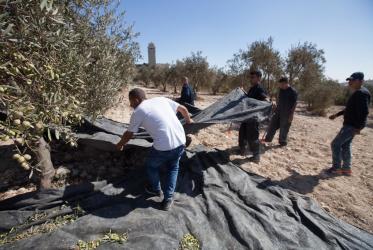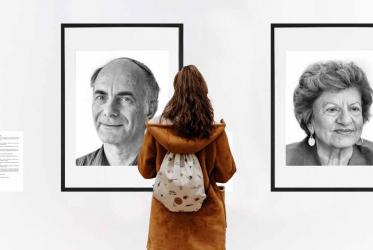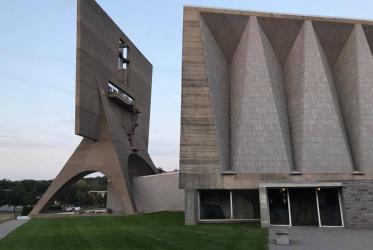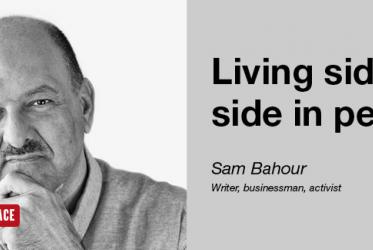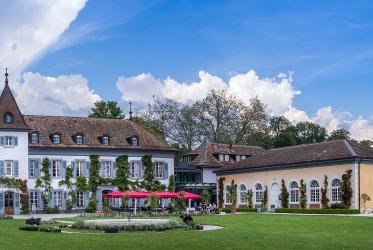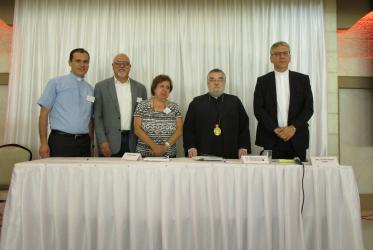Displaying 161 - 180 of 364
09 December 2017
With ongoing discourse about people on the move, CCME’s work grows
03 November 2017
Holy Land tourism goes beyond traditional paths
05 October 2017
Guided by faith, hope and endurance
02 October 2017
Emily Welty: tide of hope for a world free from nuclear weapons
19 September 2017
Exhibition of hope for the Holy Land opens in Geneva
13 September 2017
Tveit: search for unity “an urgent need today”
09 September 2017
In Argentina, stirring journey for human rights continues
01 September 2017
Rebecca Dali: My faith in God motivates me every second
24 August 2017
"We have our work cut out for us"
10 August 2017
Faces of hope and moments of justice and peace
25 July 2017
WCC students study what makes a peace communicator
18 July 2017
Nigerian breaks down stereotypes on Muslims
13 July 2017
A voice for peace from Down Under
10 July 2017



